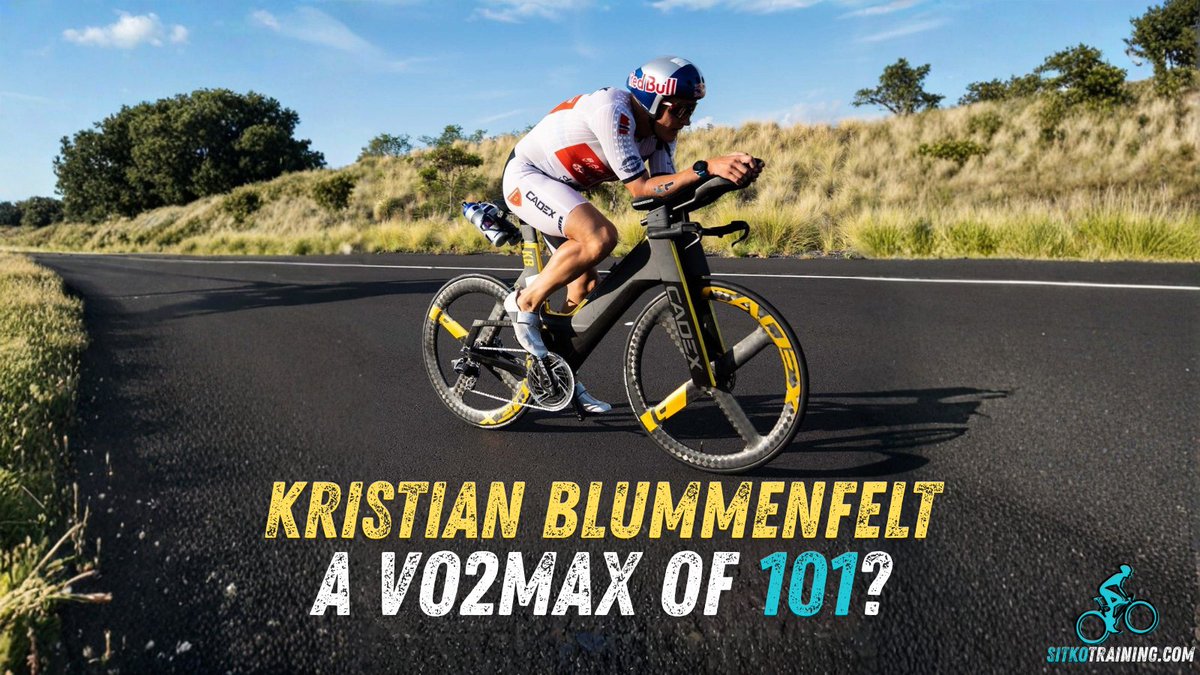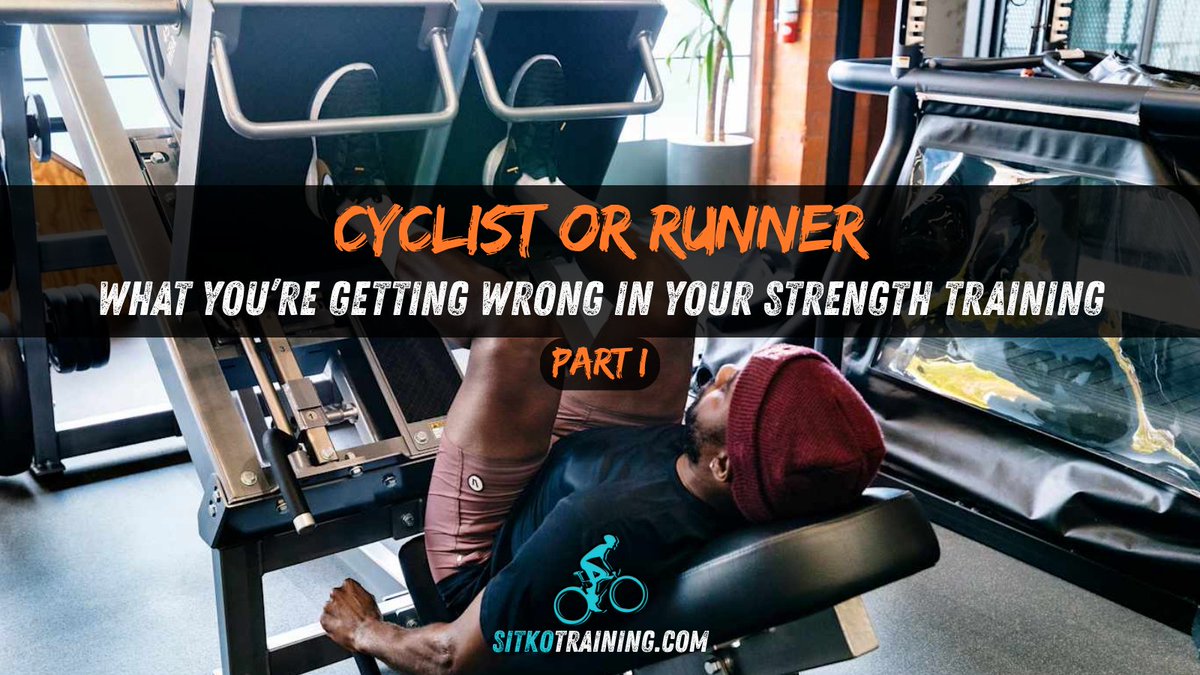
Sport scientist & Pro cycling coach. Lecturer at the University of Zaragoza. Author: Cycling 2.0
How to get URL link on X (Twitter) App


 1️⃣ RER = 0.93
1️⃣ RER = 0.93

 1/
1/
 The biggest mistake amateur athletes make?
The biggest mistake amateur athletes make?
 2/ 🔬 Quick science:
2/ 🔬 Quick science:
 As a coach who works with science, I can tell you her stance isn’t just sensible — it’s backed by solid evidence.
As a coach who works with science, I can tell you her stance isn’t just sensible — it’s backed by solid evidence.
 1/ The surprising part: it doesn’t matter if the coach is a top expert or just a friend with little experience.
1/ The surprising part: it doesn’t matter if the coach is a top expert or just a friend with little experience. 
 1️⃣ If you want to be a good endurance athlete, your first big task is to choose your parents wisely 👨👩👦.
1️⃣ If you want to be a good endurance athlete, your first big task is to choose your parents wisely 👨👩👦.
 1/ 🏃♂️ Marathon runners
1/ 🏃♂️ Marathon runners
 1️⃣ Multisport childhoods
1️⃣ Multisport childhoods
 2/ 📊 Key findings:
2/ 📊 Key findings:
 2/ A recent umbrella review of 44 systematic reviews on healthy adults gathered all available evidence on how different strength training variables affect muscle adaptations.
2/ A recent umbrella review of 44 systematic reviews on healthy adults gathered all available evidence on how different strength training variables affect muscle adaptations. 

 1/🚴♂️ Why Indoor Training Is a Game Changer
1/🚴♂️ Why Indoor Training Is a Game Changer
 2/ The best cyclists in the world frequently use mental strategies such as dissociation, imagery, self-talk, and mental projections.
2/ The best cyclists in the world frequently use mental strategies such as dissociation, imagery, self-talk, and mental projections. 
 2/ 🔬 What are exogenous ketones?
2/ 🔬 What are exogenous ketones?
 1/ Despite the endless remedies circulating online, here’s the real deal: science still doesn’t fully understand why exercise-induced cramps happen. 🚫
1/ Despite the endless remedies circulating online, here’s the real deal: science still doesn’t fully understand why exercise-induced cramps happen. 🚫
 2/ The concept of an offseason transition comes from the pro cycling world, where it makes sense.
2/ The concept of an offseason transition comes from the pro cycling world, where it makes sense. 
 1/9 There is robust scientific evidence supporting the effectiveness and transfer of general strength training exercises (e.g., squats, deadlifts, hip thrusts) for optimizing performance in endurance sports, particularly cycling.
1/9 There is robust scientific evidence supporting the effectiveness and transfer of general strength training exercises (e.g., squats, deadlifts, hip thrusts) for optimizing performance in endurance sports, particularly cycling.

 1/ In cycling, we’ve seen a wide range of body types succeed.
1/ In cycling, we’ve seen a wide range of body types succeed. 
 1/ Scientific research consistently shows a clear dose-response relationship between training load and performance.
1/ Scientific research consistently shows a clear dose-response relationship between training load and performance. 
 Ketone bodies (primarily beta-hydroxybutyrate) are molecules produced during fat metabolism.
Ketone bodies (primarily beta-hydroxybutyrate) are molecules produced during fat metabolism.